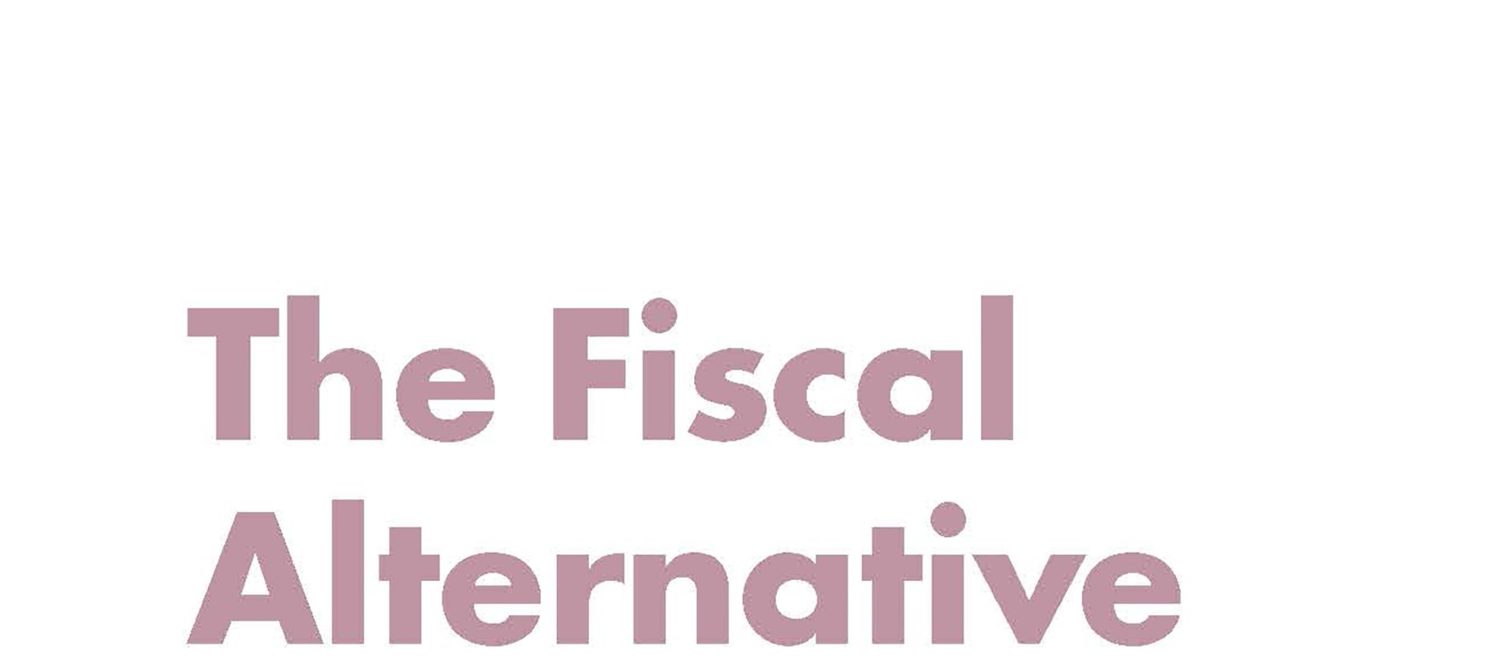Reform fiscal rules to raise spending and boost the public sector
A new Fabian Society report, published ahead of the 2018 Budget, calls today for a comprehensive change in direction for UK fiscal policy.
The Fiscal Alternative is the final report of a six-month project, Public Finance Choices for the Left, and presents recommendations to both a future Labour government and today’s Conservative ministers.
The project was conducted by the Fabian Society and ICAEW and brought together Labour shadow ministers, policy experts and the finance community to debate how a future government might approach public finance decisions.
The final Fabian Society report recommends that:
- The Conservatives should adopt fiscal rules similar to those of the Labour party in order to end austerity
- Labour should plan to increase public spending by at least 4 percentage points of GDP
- Public finance rules should be reformed to end the bias against public sector activism
- Taxes should be made more progressive to redistribute money around the UK
- The geographic allocation of public spending should be reformed and spending should be devolved so that localities can run their own single public service budgets.
Andrew Harrop, general secretary of the Fabian Society and author of The Fiscal Alternative said:
This Fabian Society report argues for fiscal policy that is very different from anything we can expect from the chancellor in next week’s Budget.
Ministers should be able to borrow to invest and taxes should rise significantly in response to acute spending pressures. Fiscal rules should also be reformed, so they are no longer biased against public ownership or government delivery when these policies have a sound economic case.
Future ministers should re-assess the UK’s fiscal geography. We need to reform unequal local spending allocations, devolve spending powers to communities and make taxes more progressive to redistribute money around the UK.
This is a radical agenda and much of it will probably have to wait for a Labour government. But the Chancellor can make a start next week by adopting fiscal rules similar to those proposed by Labour and the Liberal Democrats in order to end austerity.
Key facts
- By 2025, with Labour’s fiscal rules and tax strategy, UK current expenditure could be up to £100bn higher than under present Conservative plans.
- If Brexit leads to recession, the UK will have £20bn to £50bn less for current spending in 2022 than under existing Office for Budget Responsibility (OBR) assumptions; but if economic growth returns to pre-crisis levels there will be £30bn more than expected.
- Spending per capita on public services is almost 50 per cent higher in London than in the East Midlands.
- London pays less than the national average in taxation, when revenue is measured as a proportion of the market incomes of residents.
–ENDS–
Notes
- Contact: Rabyah Khan, media and communications manager at the Fabian Society
0207 227 4906 | 07888861096 | rabyah.khan@fabians.org.uk - The Fiscal Alternative is available here.
- This report does not represent the views of the ICAEW, the Fabian Society or the organisations involved but only the views of the individual authors.
- Public Finance Choices for the Left was a six month project which assessed how Labour can realise the aspirations set out in its 2017 manifesto, in the context of a sound financial stewardship of the UK’s economy. Articles produced for the project are available here.
- The Fabian Society is Britain’s oldest political think tank. Founded in 1884, the Society is at the forefront of developing political ideas and public policy on the left. The society is alone among think tanks in being a democratically-constituted membership organisation, with over 7,000 members. It is constitutionally affiliated to the Labour party.
- ICAEW is a world leading professional membership organisation that promotes, develops and supports over 150,000 chartered accountants worldwide. It provides qualifications and professional development, shares its knowledge, insight and technical expertise, and protect the quality and integrity of the accountancy and finance profession.
